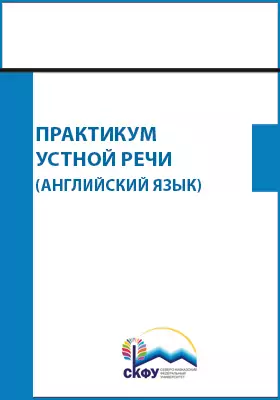Практикум устной речи (английский язык)
Форматы: PDF
Издательство: Северо-Кавказский Федеральный университет (СКФУ)
Год: 2016
Место издания: Ставрополь
Страниц: 214
Артикул: 11503
Краткая аннотация книги "Практикум устной речи (английский язык)"
Пособие разработано в соответствии с учебным планом и стандартами ФГОС ВО. Данная дисциплина является начальным этапом обучения английскому языку, в период которого закладывается основная база, создается объем конкретных знаний и умений, способствующих овладению речи на английском языке с последующим развитием необходимых компетенций. Предназначено для студентов второго курса, обучающихся по направлению подготовки 45.03.02 – Лингвистика.
Содержание книги "Практикум устной речи (английский язык)"
Введение
Тема 1. CAREER PROSPECTS
Тема 2. HEALTH AND TREATMENT
Тема 3. CITIES AND TOWNS
Тема 4. FOOD AND MEALS
Тема 5. EDUCATION AND STUDIES
Тема 6. SPORTS AND GAMES
Тема 7. GEOGRAPHICAL POSITION AND ECONOMY
Тема 8. TRAVELLING
Тема 9. THEATRE
Литература и Интернет-ресурсы
Приложения
Все отзывы о книге Практикум устной речи (английский язык)
Отрывок из книги Практикум устной речи (английский язык)
84 ТЕОРЕТИЧЕСКАЯ ЧАСТЬ Little academic dictionary Some terminology will be useful before you read this chapter, be-cause not only do the British and Russians use some words differently, but Americans use them differently from either of us. 1. Student means anyone studying for any course which is at . 1 more advanced level than school courses. (In fact, 'school Undent' is now quite common for older school children. So you can be a student between the ages of 15 and 95!) 2. Undergraduate means a student working for his or her Inst de-gree. This usually takes three years of full-time study in England and successful students are normally awarded either a B . A . or a B.Sc. (Bachelor of Arts or Bachelor of Science). 3. Degree means a qualification awarded by a university which is widely recognised and is, in some sense, similar to other degrees with the same title, even if the courses are quite different. Despite this offi-cial explanation, we know very well l hat a degree from a high-ranking university will not be the same a s a degree from a low-ranking uni-versity. 4. A post-graduate is someone studying for a second or further degree. 5. A university teacher is usually called a 'lecturer’. More experi-enced teachers may be promoted to 'senior lecturer’. We have no assis-tant or associate professors as in America – for us, a Professor is a Pro-fessor and you have to be both good and experienced to become one. We have no special professorial degree like your ‘doktoral’. 6. PhD is an approximate equivalent to your 'kandidatsky' degree. Someone with a PhD is entitled to call himself or herself 'Doctor'. However, PhDs are now so common that many people do not bother to use the title. 7. A Vice Chancellor is equivalent to your 'rektor'. 8. A Chancellor holds, ostensibly, the most senior post in the uni-versity, but the position is largely ceremonial. Real power lies with the Vice Chanc...
С книгой "Практикум устной речи (английский язык)" читают
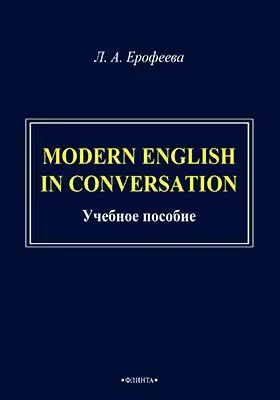
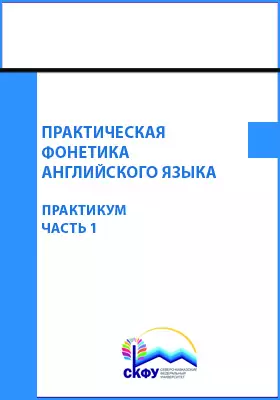
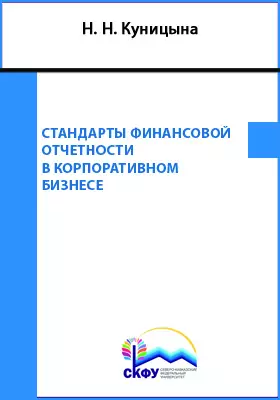
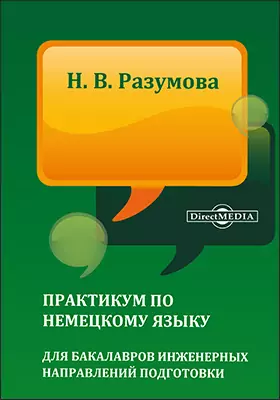
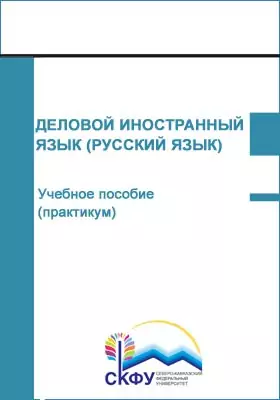
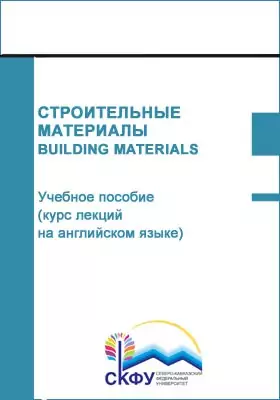
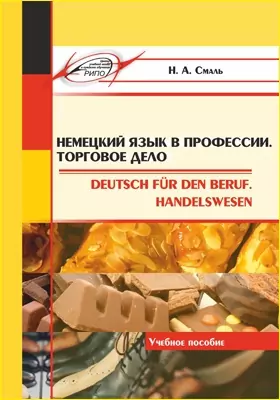
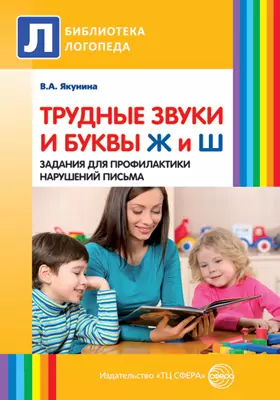
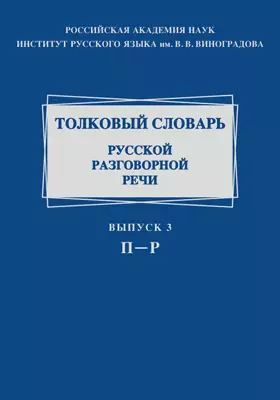
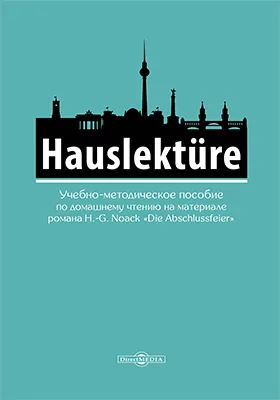

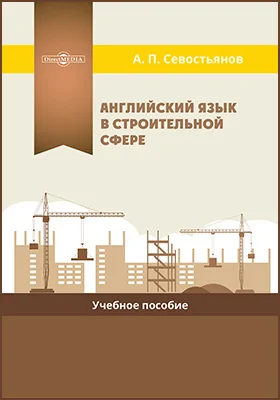
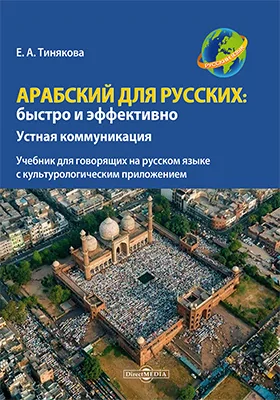
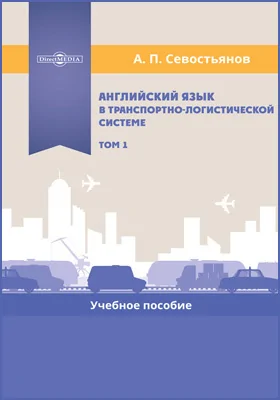
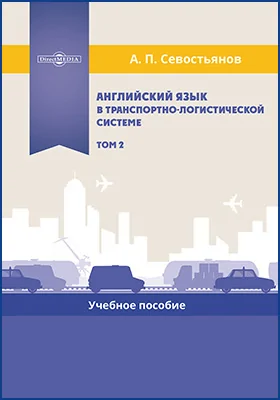
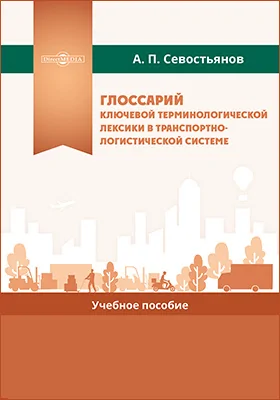
Бестселлеры нон-фикшн
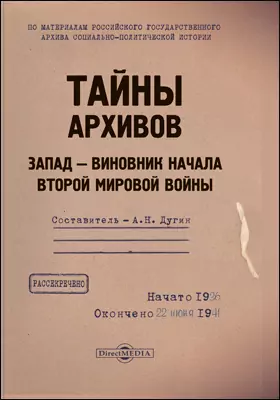

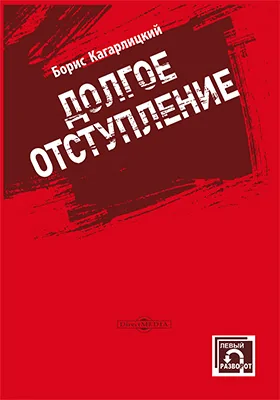
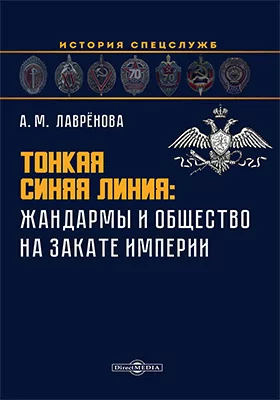
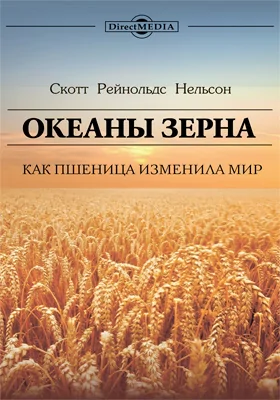
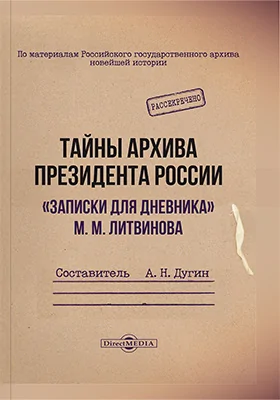
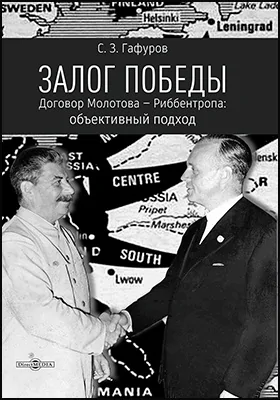
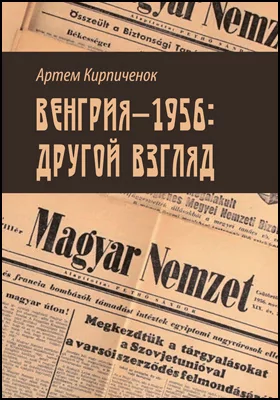
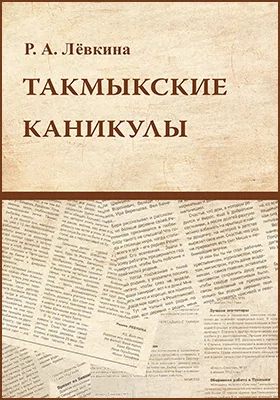
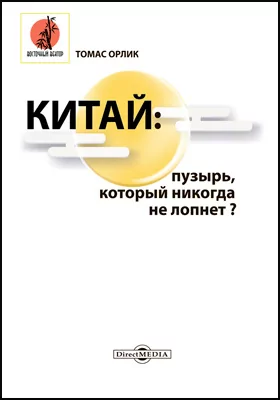
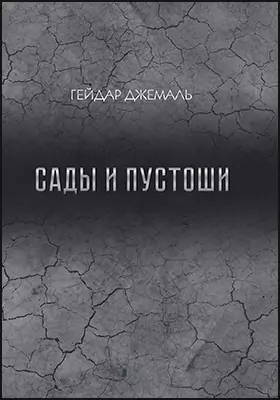
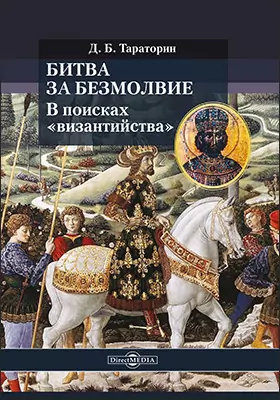
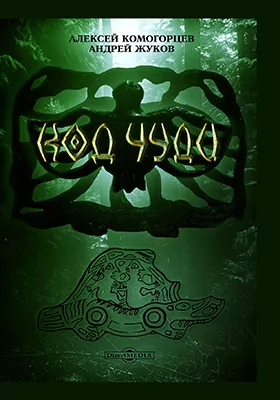
Новинки книги нон-фикшн

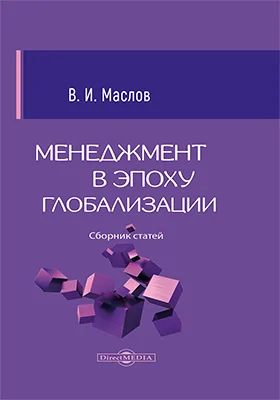
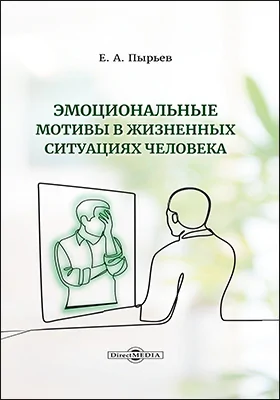
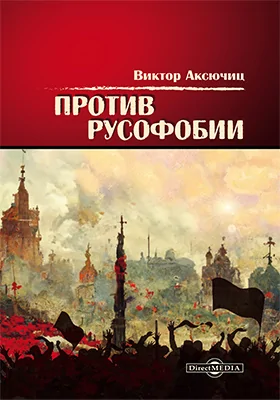
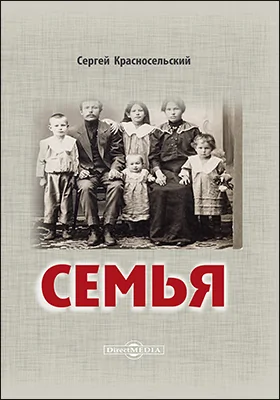
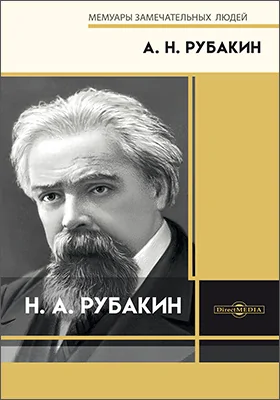
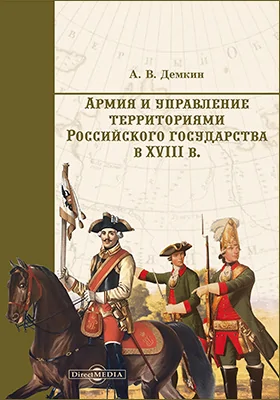
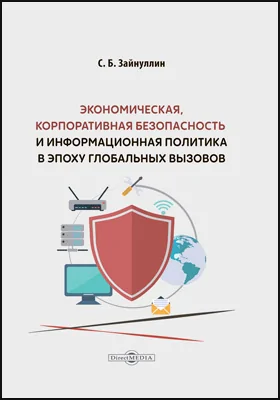

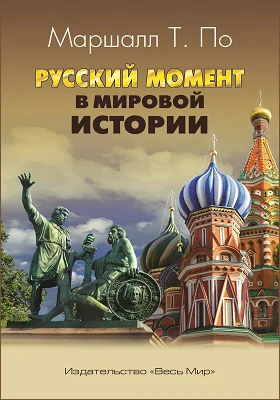
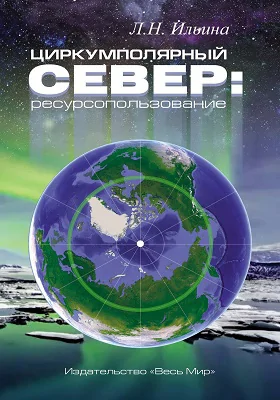
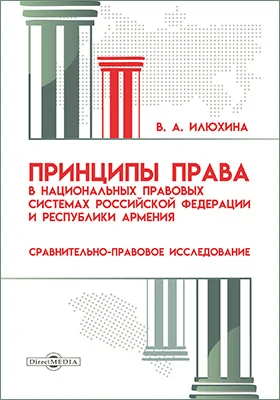
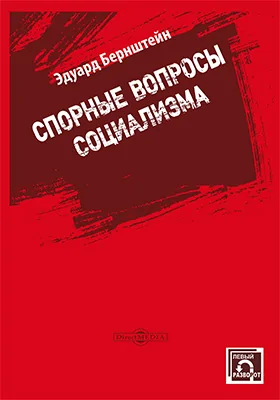
и мы свяжемся с вами в течение 15 минут
за оставленную заявку

